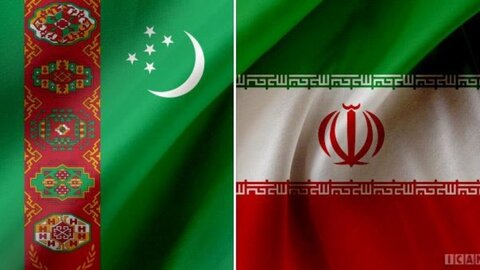Iran (IMNA) - The festival featured an exposition of decorative and applied arts, including carpets, rugs, dishes adorned with semi-precious stones, and backgammon sets made of ivory, which have been renowned in the Islamic Republic since ancient times. In addition, visitors were provided with tourist brochures and booklets to explore the diverse tourism opportunities offered by Iran and Turkmenistan.
Representatives from travel companies in both neighboring countries participated in the forum, with each showcasing their services at individual stands. To conclude the festival's opening ceremony, various folk groups performed for the attendees, who were also invited to savor the national cuisines of both Iran and Turkmenistan.
According to Navid Rasuli, Iran’s Cultural Attaché to Turkmenistan, mutual cultural exchanges between the two countries have experienced growth since a meeting between their presidents last year. Rasuli stated that there are many Iranian tourism companies operating in Turkmenistan, highlighting the cooperative relations between the two nations. Additionally, approximately one thousand people engage in daily exchanges between the borders. Rasuli emphasized the familiarity of the Turkmen people with Iran and the prevalent similarities in historical, religious, and cultural heritage between the two countries. He also mentioned that B2B meetings will be held during a cultural event, with agreements currently being prepared for signature.
Furthermore, Turkmenistan's president has ordered the organization of an international seminar in early 2023 to showcase the country's tourism activities and improve its global recognition. While strict visa and travel rules are necessary, efforts are being made to address issues within the tourism industry and promote it. Negotiations between the two countries regarding this matter are already underway.
The festival, organized by the Islamic Culture and Relations Organization (ICRO), the Embassy of Iran in Turkmenistan, and Iran's Ministry of Cultural Heritage, Tourism, and Handicrafts, will also feature sections dedicated to medical tourism. The Islamic Republic anticipates significant benefits from its numerous tourist attractions, including bazaars, museums, mosques, bridges, bathhouses, madrasas, mausoleums, churches, towers, and mansions. Notably, 27 of these sites are inscribed on the UNESCO World Heritage list.


Your Comment